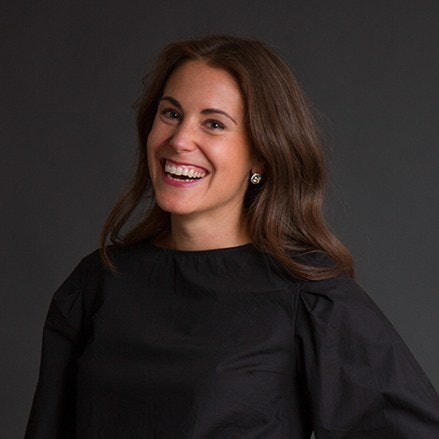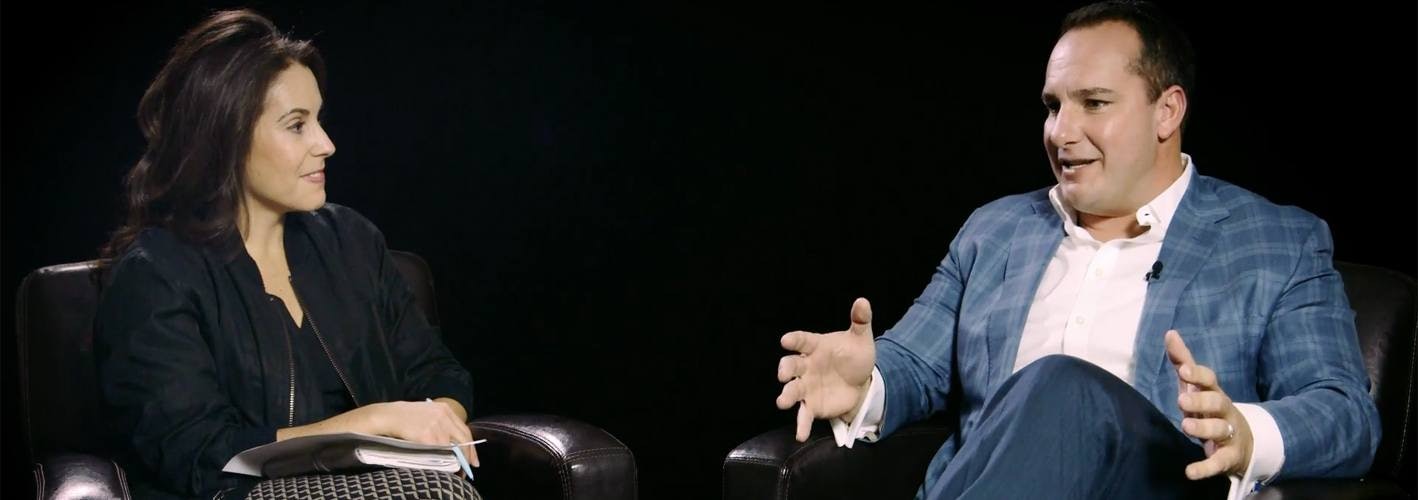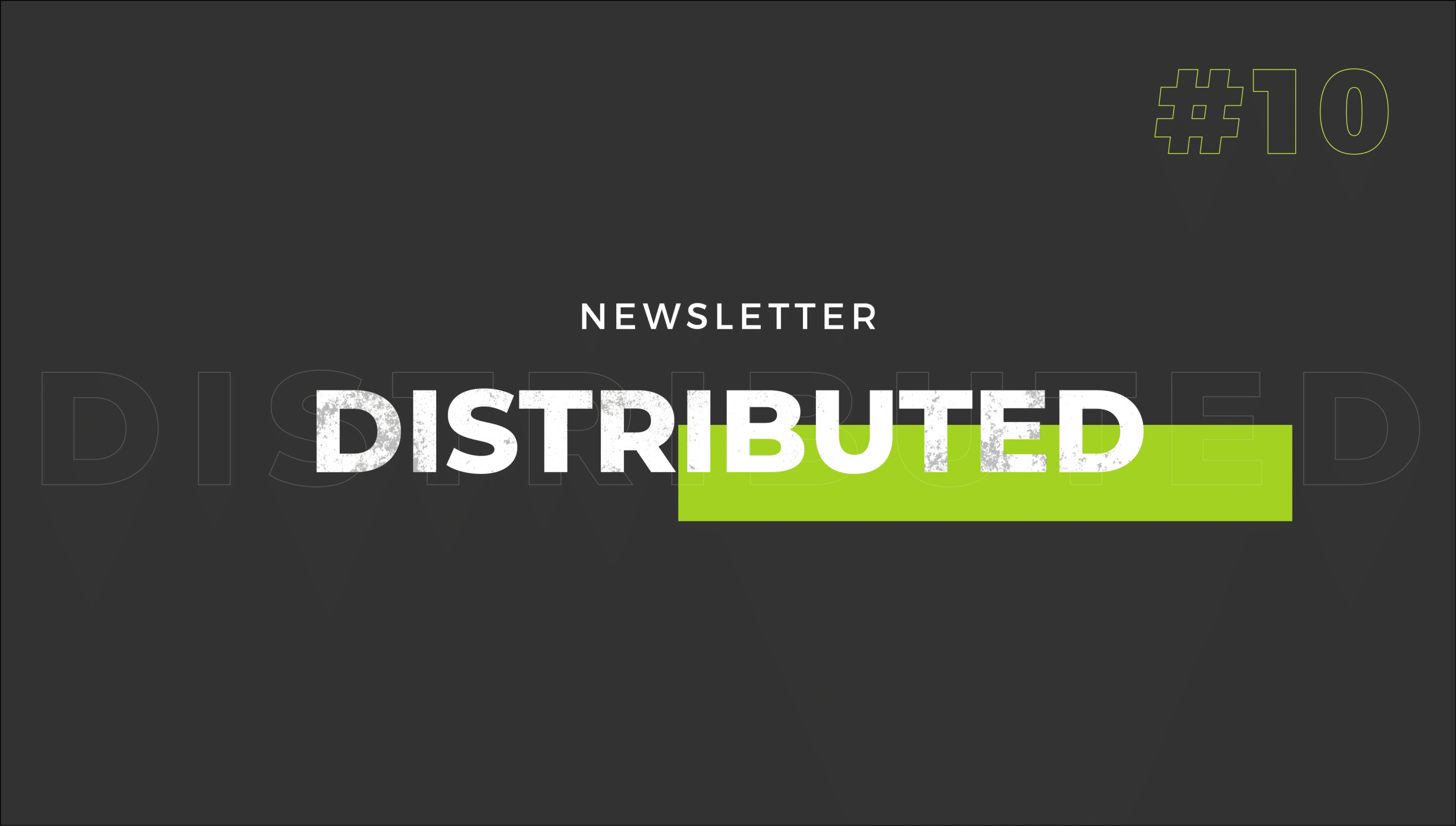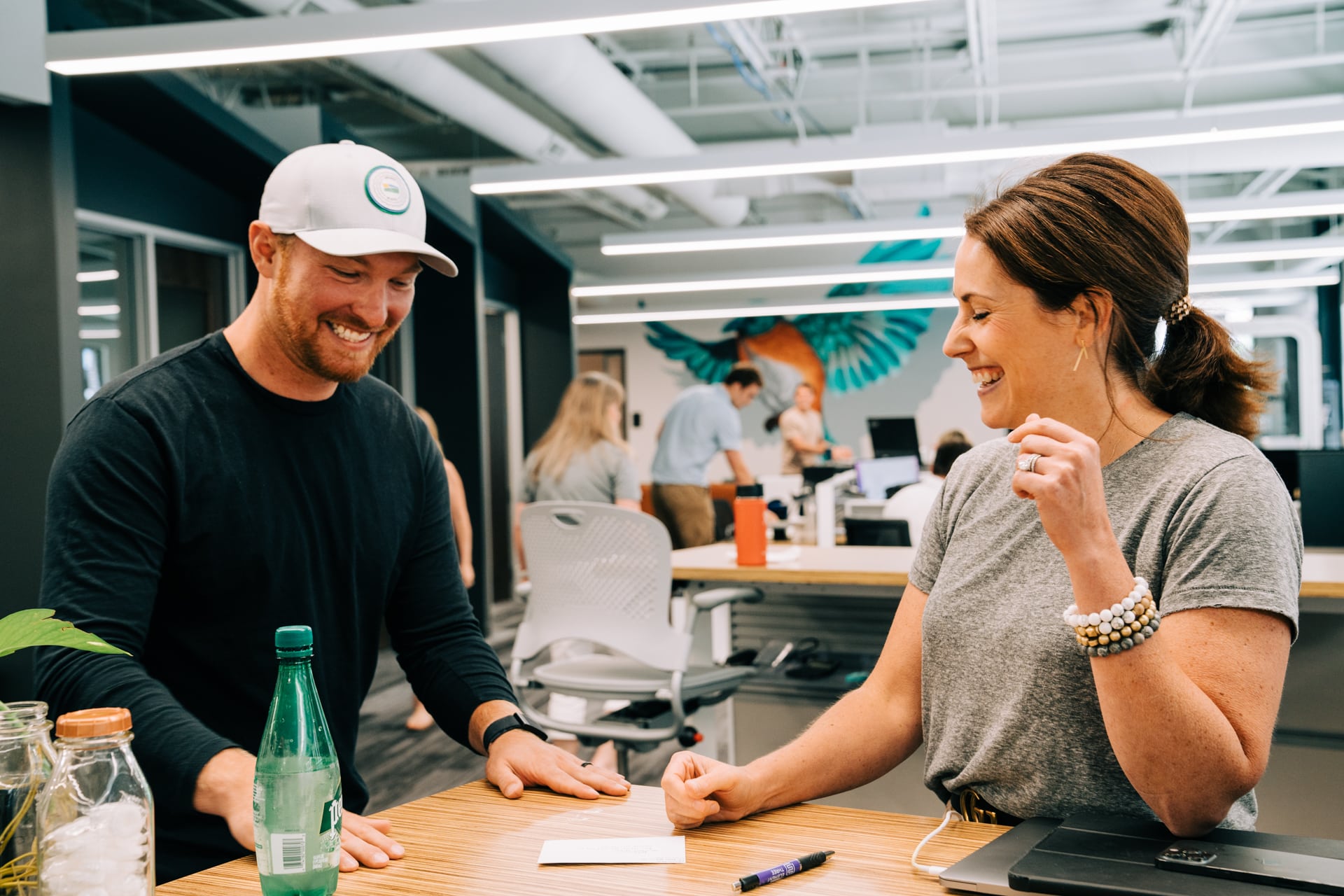Quinn Ricker never felt pressured to join Ricker Oil Company, but he always knew it’s where he was meant to be. He has fond memories of his father driving a tank wagon in rural Indiana, and dinnertime conversations about every aspect of the business.
Today Quinn serves as President and CEO of Ricker’s, which operates 56 convenience stores in Indiana. He joined the family business after gaining some external perspective as a financial advisor at JPMorgan Chase & Co.
I had the pleasure of sitting down with Quinn to talk about life as a second-generation leader. His bold story is a fascinating tale of innovation in a space where you might not expect it. We discussed how a food truck became a testing lab where Ricker’s gained valuable customer feedback before bringing a new food concept to stores, and how mobile technologies will change our experience at the gas pump.
But what I enjoyed the most was what Quinn told me about the importance of being vulnerable as a leader. Quinn believes in finding a mentor who can give you direct feedback on your performance; in his case, the mentor helped him change from a “freight train on a mission” to someone who is more collaborative. Since Quinn realizes his limitations, he surrounds himself with great people who can help him see different perspectives.
Quinn Ricker’s Bold Story
Download the full interview transcript here
My 5 takeaways from the interview:
1. Know where your industry is heading. And invest in the future.
“In our industry, the best players share so well…. And the best players in our industry really believe that food service is the answer…and it’s very, very tough to pull off a successful food program.
To do food the right way, you really need to own it. Every store needs to have it; you need to be committed to it; you need to have your people, your infrastructure, your culture…focused on food. And a retail convenience store chain and the culture…that typically has versus what a food culture is are very different things.”
2. Test a new direction early on with customer feedback.
“What we didn’t want to do is throw some crazy new food concept that we didn’t know much about into one of our stores that we thought might be successful and learn with live customers. So we actually started with a food truck….
It was basically our mobile lab to figure out food process, how we make it, flavor profile, get customer feedback. So we had a food truck rolling around Indianapolis for…probably nine months, dialing all this stuff in….
It wasn’t just successful [in a store] because of the food that we sold out of, but we saw our entire store’s sales just…pick up quite a bit.…So we were like, ‘okay, we’re onto something….’
We then began building it into our new stores. We saw the same type of numbers and feedback, and then we decided that…we would roll out almost every single store in Indianapolis and make a really big commitment to it.”
3. Follow the data.
“We have 3,000 to 5,000 different items in every one of our stores. And the demographics around each store are very different. So we mine that data by store level and decide, okay, what works here because of the brand-new Snickers product that’s in our store in Carmel may not necessarily work down in Columbus….
There is so much data, there’s so much technology inside of our stores—24 hours a day, 7 days a week…it is an extremely complicated business to run. But it’s fulfilling.”
4. Find a frank mentor. And listen closely.
“That direct feedback after those experiences and learning from my mistakes was so powerful in changing me from being…[a] freight train on a mission trying to get done what I wanted to get done, to somebody who was collaborative and communicated better and brought people along and inspired them to do what I wanted them to do, not just, ‘Yeah, you’re going to do this because I’m the CEO and I’m right.’
So that’s what I’d tell my 24-year-old self: ‘Find a mentor fast and go deep with them, be transparent with them, and get direct feedback quickly to help you become a better person.”
5. Vulnerability isn’t a bad thing.
“I don’t always know all the answers and I don’t know exactly how to find them out, but if I’m vulnerable and communicate that, it builds such a stronger relationship and more trust with the people that I’m around.”




